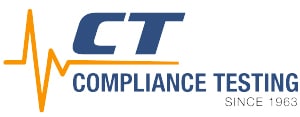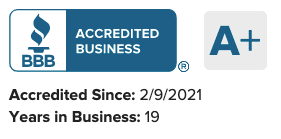Before a product can be tested for compliance with FCC regulations, the makers of the product must provide documentation of the following:
Product is Market-Ready
To properly test the product, it needs to have all components and features operating at full capacity.
Complete Documentation of Product Specifications
The manufacturer should do pre-testing of the product to determine if an RF device is subject to FCC rules. All technical specs should be provided to the compliance testing company prior to testing for certification. Incomplete product specs may cause inaccurate testing results.
Documentation of Issues Emerging During Troubleshooting Processes Conducted by the Manufacturer
Continual testing of the product throughout each development phase often reveals unforeseen problems that require remediation. These problems should be detailed in a document separate from the product specifications.
Potential Plan of Action for Products Found Non-compliant with FCC Rules
Products may pass all tests conducted by the manufacturer but that doesn’t ensure the product will pass rigorous compliance testing performed by an accredited compliance company like Compliance Testing. Individuals in charge of developing and producing the device should identify areas of compliance risk and create possible countermeasures to achieve compliance.
Phases of Compliance Testing
Developing a Test Plan: includes final confirmation of prerequisite completion, scheduling the test date, and plan of action in the event of noncompliance results.
Performing the Test: Compliance Testing will discuss all aspects of testing during your consultation appointment.
Documented Outcome of the Test: if results do not exceed FCC rules regarding intentional and unintentional devices, documentation will be provided to the manufacturer as expeditiously as possible so that marketing of the product can begin.
What Does the FCC Do When a Product is Deemed Compliant?
Compliance Testing will finalize the approval by issuing one of the following:
Certification: the manufacturer obtains a registration number from the FCC that is needed to receive a certificate. This 10-digit number identifies the manufacturer or other entity that interacts with the Federal Communication Commission. It will also be applied to additional future approvals if needed.
After receiving a registration number, the manufacturer needs to get a Grantee Code from the FCC and then apply for a grant of certification from a Telecommunication Certification Body. Once Compliance Testing affirms all FCC requirements have been met, we will upload this to the appropriate FCC department and issue the certificate.
Supplier’s Declaration of Conformity (SDoC): the manufacturer attests that documentation and the device comply with FCC rules that are applicable to that device. The manufacturer then completes a compliance information document that is included with the device at the time of selling the device.
When the prerequisites for compliance testing are submitted with little to no deficiencies, the process of compliance testing will go much faster and much smoother.
Schedule a Consultation Today with Compliance Testing
Compliance Testing is one of the leading FCC testing laboratories in the U.S. that has provided manufacturers of intentional and unintentional radiators with expert testing for over 50 years. We also offer evidence-based solutions to transforming non-compliant products into products in complete compliance with FCC rules. Call today for immediate assistance.




